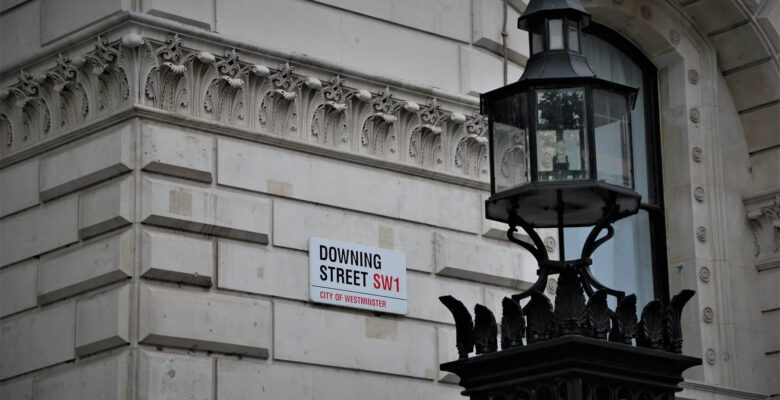
Following the resignation of Prime Minister Boris Johnson on 7th July, business and political leaders from the North-west and nationally have largely welcomed the news.
With the Prime Minister committing to stay on in the role until a new Conservative Party members elect a new leader, CBI Director-General Tony Danker, representing 190,000 UK businesses, called for the power vacuum in Westminster to be filled as soon as possible in light of ongoing economic turbulence:
“The Prime Minister backed UK business throughout COVID and has been steadfast in his support for Ukraine. He will leave office with our best wishes.
“But we now need the political vacuum to be filled at speed to protect people’s living standards, through action on business confidence, investment and growth.
“Getting the economy growing again has got to be the number one focus for all politicians, and I look forward to working with the government on a plan for a better, brighter economic future for people right across the United Kingdom.”
Leaders from other side of the political spectrum have been less warm in their assessment of Boris Johnson’s premiership, with Steve Rotheram quipping that in the Liverpool City Region, ‘no tears would be shed’ following his resignation. The Liverpool City Region Mayor called on the next Prime Minister to commit to addressing regional economic disparities and progressing with local devolution, saying:
“Whoever comes next, we need a PM who is serious about addressing regional inequality. Whether they choose to call it Levelling Up; the Northern Powerhouse, or if it is rebadged as something else entirely, we need reassurance that any new administration is committed to devolution.
“While Westminster and Whitehall distract themselves with the intrigue of a palace coup, local leaders will continue to work for the people they represent, shielding them as best we can from the cost-of-living crisis and ensuring that we create well-paid jobs and opportunities.”
Asset managers, Hargreaves Lansdown, commented on the market response to Boris Johnson’s announcement that he was stepping down, with the pound rising briefly against the dollar following the press conference. Susannah Streeter, senior investment and markets analyst at Hargreaves Lansdown, however, warned of future challenges for the next Prime Minister:
“With the mood music changing so abruptly in Westminster and Boris Johnson finally deciding to leave 10 Downing Street, the pound lifted against the dollar, heading back up to $1.20 before dipping back slightly.
“There is a cacophony of problems on the next Prime Minister’s plate, not least the cost-of-living crisis causing voters so much financial pain. Plus the trading relationship with the EU is still fraught with difficulty given the bill to amend the Northern Ireland protocol.
“Mooted tax cuts by the new chancellor may be popular with the electorate but risk making the Bank of England’s task of trying to bring down demand and inflation by raising rates even trickier.”
Prime Minister Boris Johnson announced his intention to step down as Prime Minister and Leader of the Conservative Party after a string of scandals, culminated in the resignation of Chancellor Rishi Sunak and Health Secretary Sajid Javid on 5th July, followed by more 50 MPs on the government’s payroll in the following 48 hours.
Johnson is expected to continue on as Prime Minister until Autumn when Conservative Party members have voted on a new part leader to succeed him; however, many in his own party have called for this process to be accelerated, or for an interim leader such as Deputy Prime Minister Dominic Raab to take his place at the head of Government. Opposition leader Sir Keir Starmer has also threatened a vote of no-confidence in Parliament and potential General Election should Boris Johnson fail to step down promptly.
Backbench MP Tom Tugendhat and Attorney General Suella Braverman have both publicly announced their candidacy, as of 12pm 8th July, as future Conservative Party leader. Other high profile figures expected to stand including former Chancellor Rishi Sunak, Foreign Secretary Liz Truss, former Health Secretary Jeremy Hunt, Transport Secretary Grant Shapps, and Defence Secretary Ben Wallace.




















 North West economy ends quarter on a stable footing, finds NatWest tracker
North West economy ends quarter on a stable footing, finds NatWest tracker  National Emergency Alert test planned for 7th September
National Emergency Alert test planned for 7th September  Lloyds Business Barometer finds sustained rise in business confidence
Lloyds Business Barometer finds sustained rise in business confidence